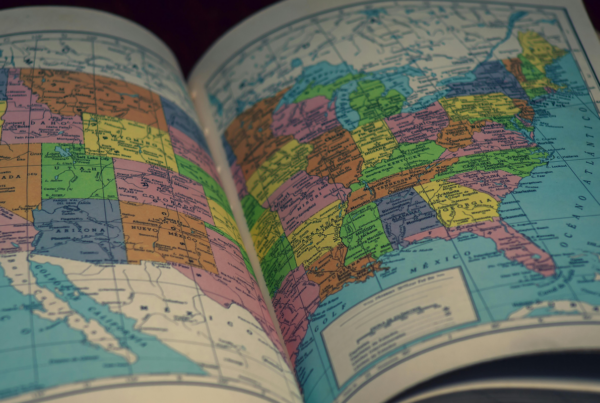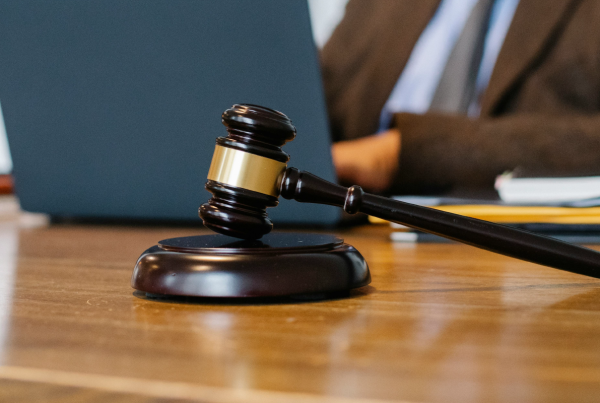An accident caused by someone else’s negligence can present significant challenges. But what happens when the at-fault party’s insurance policy does not cover all your expenses? Medical bills, lost wages, and vehicle repairs can quickly exceed policy limits. This may leave you with significant out-of-pocket costs. Fortunately, if you have underinsured or uninsured motorist protection, your own insurance policy may provide the additional coverage you need.
Understanding Insurance Policy Limits
Every auto insurance policy has limits, which are the maximum amounts the insurer will pay for covered losses. These limits are often set by state law and can vary widely. For instance, a driver may have a liability policy limit of $25,000 per person for bodily injury and $50,000 per accident. If your medical expenses and other damages exceed these amounts, the at-fault driver’s insurance will not cover the additional costs.
What Is Underinsured Motorist Protection?
Underinsured motorist (UIM) protection is a type of auto insurance coverage that helps protect you. This coverage is essential if you are injured in an accident caused by a driver whose liability insurance is insufficient to cover your damages. UIM coverage bridges the gap between the at-fault driver’s insurance payout and your actual expenses.
How Does Underinsured Motorist Protection Work?
Here is how UIM protection typically works:
- Determine the At-Fault Driver’s Policy Limit: After an accident, the at-fault driver’s insurance company will offer a settlement up to their policy limit. If this amount does not fully cover your expenses, you can file a claim with your own insurance company.
- File a UIM Claim: Once the at-fault driver’s insurance has paid up to its limit, you can make a UIM claim with your insurer. You will need to provide documentation of your expenses, such as medical bills, repair estimates, and proof of lost wages.
- Coverage Limitations: Your UIM coverage will have its own limits, separate from the at-fault driver’s insurance. These limits will dictate how much your insurance company will pay beyond the at-fault driver’s policy.
- Deductibles: Check your policy for any deductibles that may apply to UIM claims. A deductible is the amount you must pay out of pocket before your insurance coverage kicks in.
Why You Need Underinsured Motorist Protection
Underinsured motorist protection is crucial for several reasons:
- Financial Security: It helps ensure that you will not be left financially vulnerable if the at-fault driver has inadequate insurance coverage.
- Peace of Mind: Knowing that you have additional coverage can provide peace of mind, allowing you to focus on your recovery without worrying about unexpected expenses.
- Comprehensive Coverage: UIM protection can cover a wide range of expenses, including medical bills, rehabilitation costs, lost wages, and even pain and suffering.
What About Uninsured Motorist Protection?
Uninsured motorist (UM) protection provides coverage if you are in an accident with a driver who does not have any insurance. UM coverage can also protect you in hit-and-run situations where the at-fault driver cannot be identified. It is important to note that UM and UIM coverages are often bundled together in a single policy.
Steps to Take After an Accident
If you are in an accident and the at-fault driver’s insurance is not enough to cover your expenses, follow these steps:
- Contact Your Insurance Company: Notify your insurer about the accident and the inadequacy of the at-fault driver’s coverage.
- Gather Documentation: Collect all relevant documents, including medical bills, repair estimates, and any communication with the at-fault driver’s insurance company.
- Consult with Fielding Law: Our personal injury attorneys can help you navigate the claims process and ensure you receive the compensation you deserve.
Proven Track Record
Accidents can be financially draining, especially when the at-fault driver’s insurance falls short. Underinsured motorist protection is an essential safeguard that can help cover the gap between your actual expenses and the at-fault driver’s policy limits. By understanding your coverage and knowing the steps to take after an accident, you can protect yourself from unforeseen financial burdens.
For personalized legal assistance and to explore your options, contact Fielding Law at 833.88.SHARK. Our experienced attorneys are here to help you navigate the complexities of insurance claims and ensure you receive the compensation you need.
Note: Information provided is for educational purposes and does not constitute legal advice. Always consult with a qualified attorney for legal concerns.





